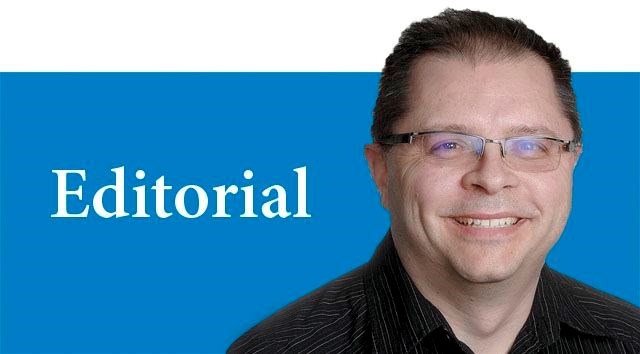It's the most wonderful time of year, according to the Christmas carol, but we all know that's a pretty big fib.
It's the most wonderful time of year for some, it's the most stressful time of year for many others and December is just another month of struggling to make ends meet, put food on the table and keep food on the table and the lights and heat on for the rest.
That's not meant to be a Christmas downer, that's just the reality.
There are the fortunate that have few or no worries about financial security. As an analysis released Wednesday by the Canadian Centre for Policy Alternatives shows, growing economic inequality is as real in B.C. as it is across Canada and across the world. In this province, the soaring value of property, housing and commercial leasing space in Greater Vancouver has helped make the rich even richer and priced many would-be homeowners out of the market.
The top 10 wealthiest families in B.C. are worth about $25 billion, which is the same worth as the bottom 1.32 million residents combined, which is more than a quarter of the provincial population. If some of the names aren't familiar - Jim Pattison, Francesco Aquilini, Chip Wilson - then some of the companies they own - Save-On-Foods, Vancouver Canucks, Lululemon - should be.
Jim Pattison tops the list at
$5.7 billion but that's not the only reason he's special. He's the largest private sector employer in Prince George by far, with four Save-On stores, the Jim Pattison Broadcast Group of two radio stations and one TV station, the Pattison Sign Group and, most of all, as the majority owner of Canfor.
In other words, many Prince George families owe their jobs to Pattison, even while their daily work further enriches him. Some would argue that's a fair bargain, others not so much.
Regardless, Pattison is also one of just three of the top 10 richest families with first-generation wealth. The other seven were born into their privilege, one or more generations removed from the original benefactor.
That's significant, argue economists Alex Hemingway and David Macdonald, the authors of the analysis, for two reasons.
First, the wealthiest individuals and families, wherever they live, are increasingly growing their wealth not through their labour - which is how the other 99.9 per cent of the population makes its money - but through the rising value of the assets they already own and the new assets they acquire. They are capitalists in the truest sense of the word.
Second, that creates a disconnect between the vast majority who work hard for their money and the fortunate few who accumulate wealth because the riches they were born into does the work for them.
That's not to say that the children and grandchildren of rich and successful entrepreneurs don't know the value of a dollar and don't work hard. It simply points out the reality that they have far less skin in the game than everyone else. A drop in lumber prices or fewer people buying Canucks merchandise is a business problem for the Pattison and Aquilini families, respectively, but it's a direct threat to the future income of their employees and the financial security of their families.
To be clear, this is not an attack on the fabulously wealthy, regardless of whether they have worked hard, were born into the family fortune or some combination of the two. Rather, it's simply a reminder that while money doesn't buy happiness, it does buy freedom from having to worry about how to pay for life's necessities.
For those able to give, please give generously to those worthy agencies who devote their time and energy to help those less fortunate and please be mindful of those who experience "the most wonderful time of year" as little more than a mockery of their misfortune.
-- Editor-in-chief Neil Godbout



